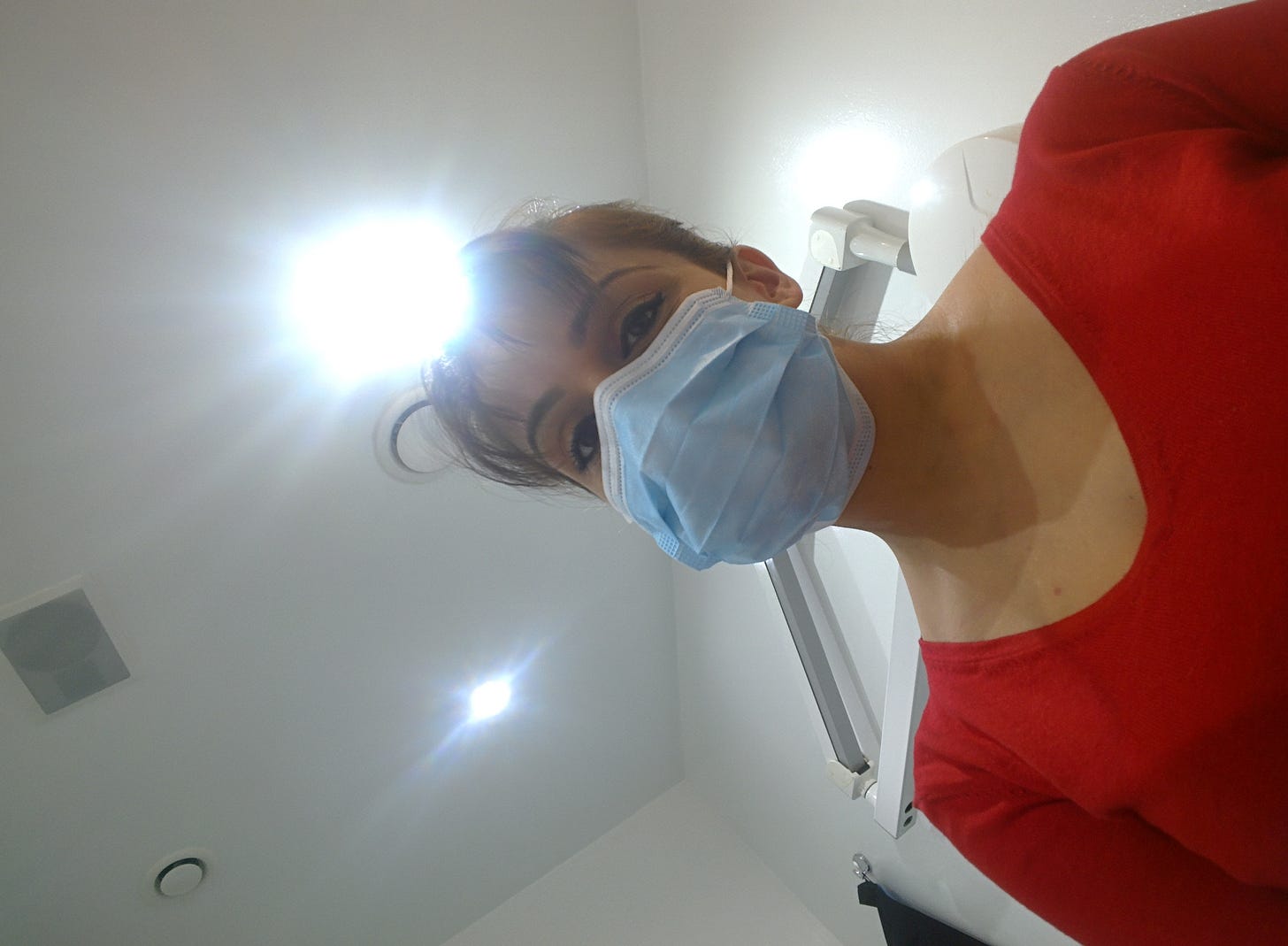More memories
A message to Jobs, a Blackberry bust-up, and wearing a gadget
Always On covers the period from 2007 to 2020 - a time which saw so much change not just in technology but in the way it was covered by journalists and broadcasters.
For this second look back over my time at the BBC I’ve picked three videos which reflect those changes.
Mr Jobs - please improve my iPhone
First, an appeal to Steve Jobs in 2008 to fix a number of issues that meant the iPhone was not an all-purpose device.
I’ve picked this because it would have been unthinkable for me to make a video like this a few years earlier. When I started as a TV news reporter the only platform for your product was the news bulletin, the competition for airtime was fierce and the model was incredibly rigid and formulaic. A TV package consisted of a couple of arresting opening shots, two or three soundbites, maybe a graphic and a piece to camera. There was very little room - or tolerance - for innovation.
But by 2008 things had begun to change. Reporters did not need to whistle up a crew - they could shoot something rough and ready on a smartphone, although as the video makes clear, not yet with an iPhone. And while it was still hard to get that material onto a TV bulletin, it could be hosted on your organisation’s website or, as in this case, on the reporter’s YouTube channel.
This video is anything but slick - it’s just me talking to camera outlining the things that need to change if the iPhone is to compete with Nokia phones and the Blackberry. It’s a reminder of how primitive the first iPhone was - no 3G, no video capture, no copy and paste.
And while I am pretty confident that he never watched the video, my message to Mr Jobs worked. Very quickly, the iPhone got everything I’d asked for and thereafter Nokia and Blackberry were doomed.
Blackberry boss loses his cool
And this interview, with the co-CEO of Blackberry' owner RIM, should be seen in the context of his company’s desperate battle to stay relevant in the smartphone era. A year after Apple unveiled the iPad, Mike Lazaridis came to London in 2011 to promote the Blackberry Playbook, the company’s first tablet.
I went along to interview him for BBC News and for BBC World’s Click. We filmed Lazaridis putting the Playbook through its paces and all was going smoothly until I chucked in a question Click wanted me to ask on behalf of its viewers in the Middle East and India. The company was under pressure from governments which wanted greater access to the tight security system used for Blackberry's business users.
Perhaps my question was badly phrased but Mike Lazaridis took instant offence, apparently thinking I was suggesting that the Blackberry system wasn’t secure enough when I meant the opposite. “That’s just not fair Rory,” he said and after a brief to and fro he ended the interview, telling us to turn off the camera. Which, of course, became the focus of the story, and was later seen in a book about Blackberry’s decline as a key moment when the behind-the-scenes tensions in the company exploded into public view.
This was also one of a number of occasions when I experienced the difference in media cultures between the UK and North America. Tech executives from the United States - and in this case Canada - were just not used to facing tough questions from TV reporters and reacted with surprise and dismay when asked anything tougher than ‘tell us about your exciting new product’.
Breakfast through Google Glass
This piece demonstrates how much fun you can have with technology stories, which don’t always have to be deadly serious, but it also shows that journalists can be fallible when it comes to judging which gadgets are going to be hits.
Back in 2013 I was convinced Google Glass, an augmented reality headset, was going to be the next big thing. We flew over to California to report on it and I wrote a blogpost which began “it's either the most exciting technology product of recent years, or the 21st Century equivalent of the Sinclair C5” - though actually I never thought it would flop.
The following year when Google Glass became available to UK developers I persuaded a friendly BBC technology manager to invest in one so that I could try it out.
Despite the derision of friends, workmates and family I wore it everywhere for three months - to the dentist, to a press conference where I filmed a somewhat bemused Boris Johnson, to an event at Parliament where a speaker protested that I was invading his privacy.
Here I am wearing it in the BBC Breakfast studio in Salford for an item that wasn’t anything to do with Google’s headset. Soon afterwards, I realised that the device was neither cool nor particularly creepy, just a bit naff, and I stopped wearing it. A few months later Google paused the Glass programme before it went on public sale, and despite promises of a reboot aimed at business, nothing has been heard of it since.
I keep hearing quite credible rumours that Apple is working on an augmented reality headset. I will, of course, be keen to try it out if it arrives but I won’t be making any predictions about its chances of becoming as big a hit as the iPhone.
Always On is available as a hardback, ebook or audiobook here.
And if you want to support your local independent book shop you can order it at Hive.

